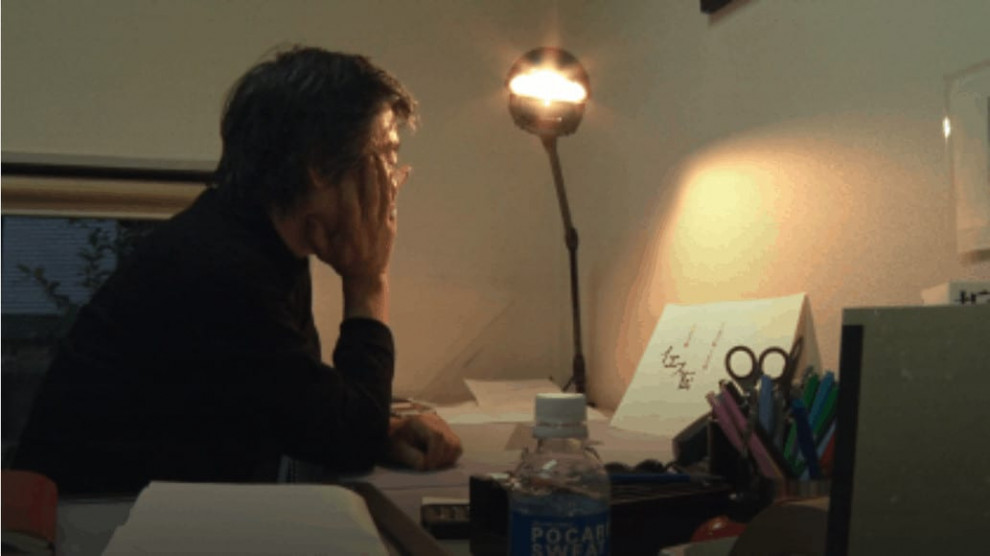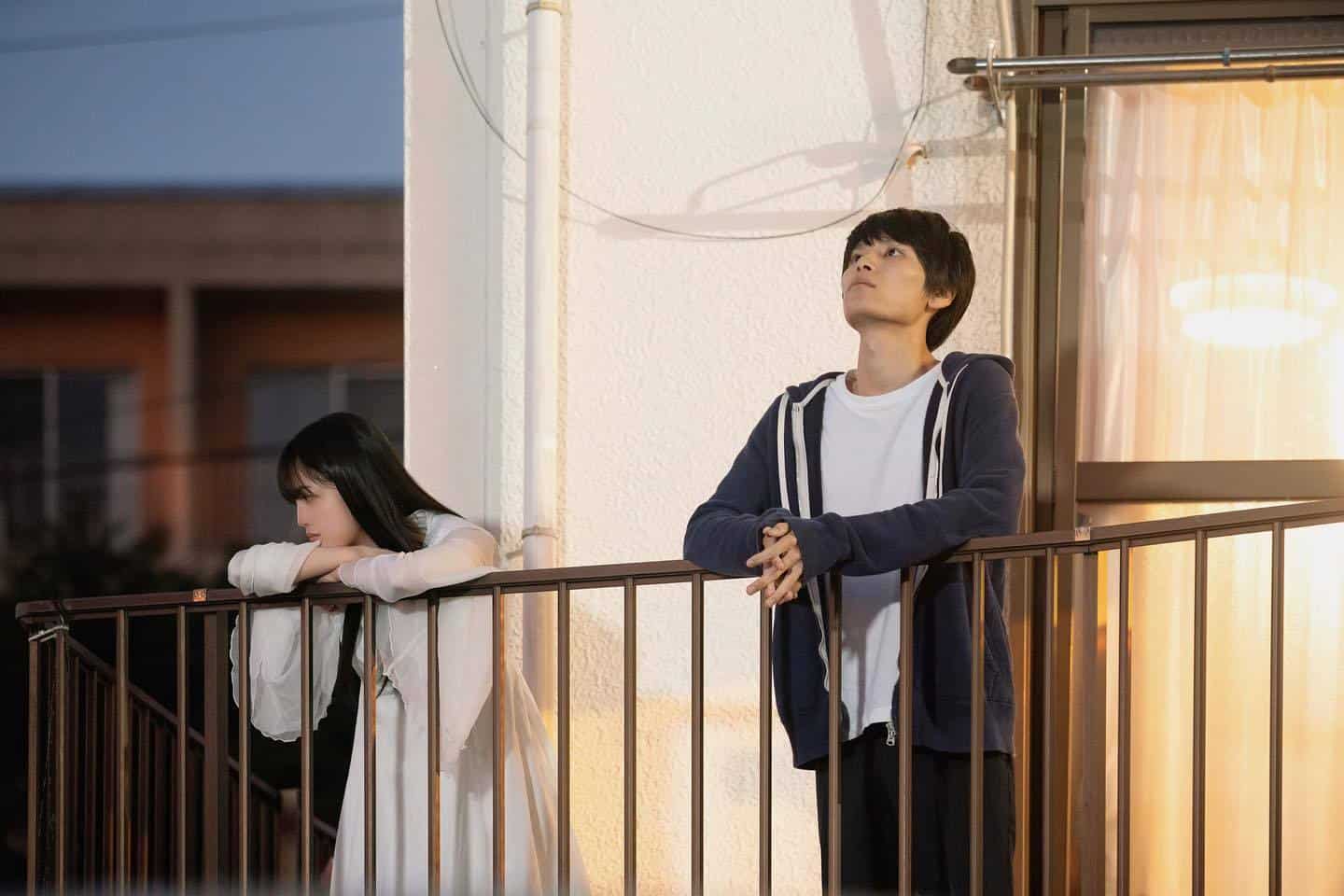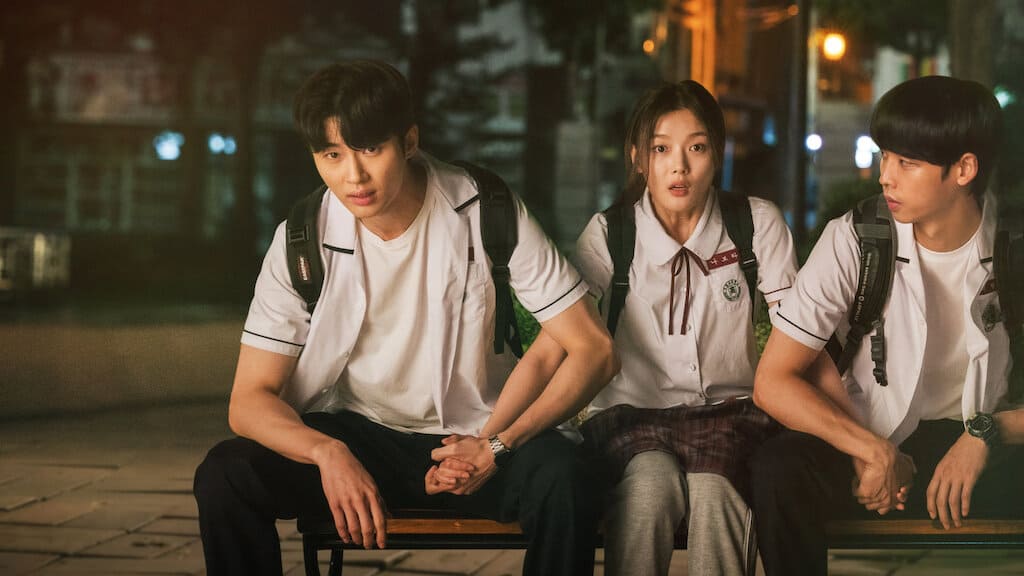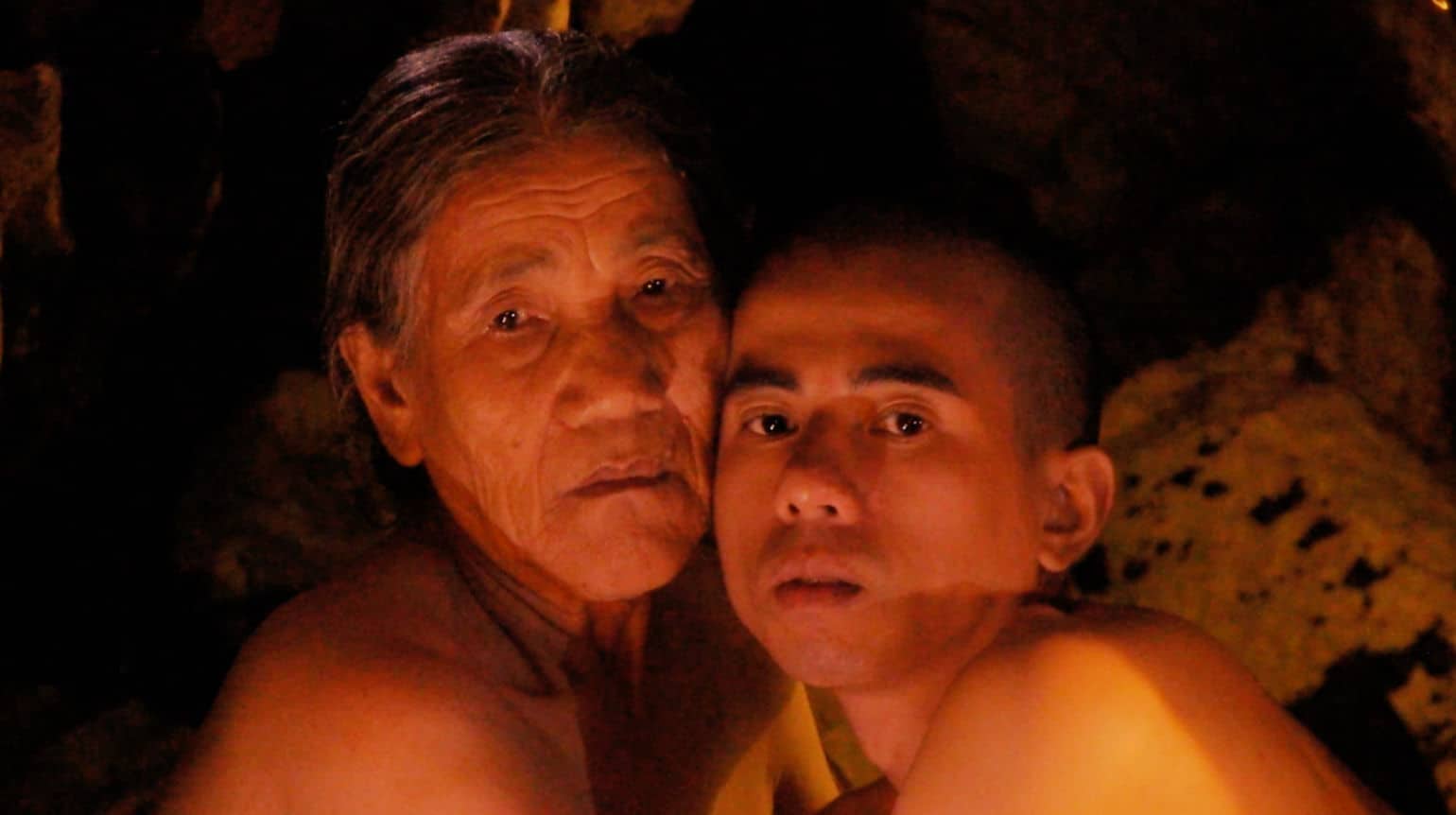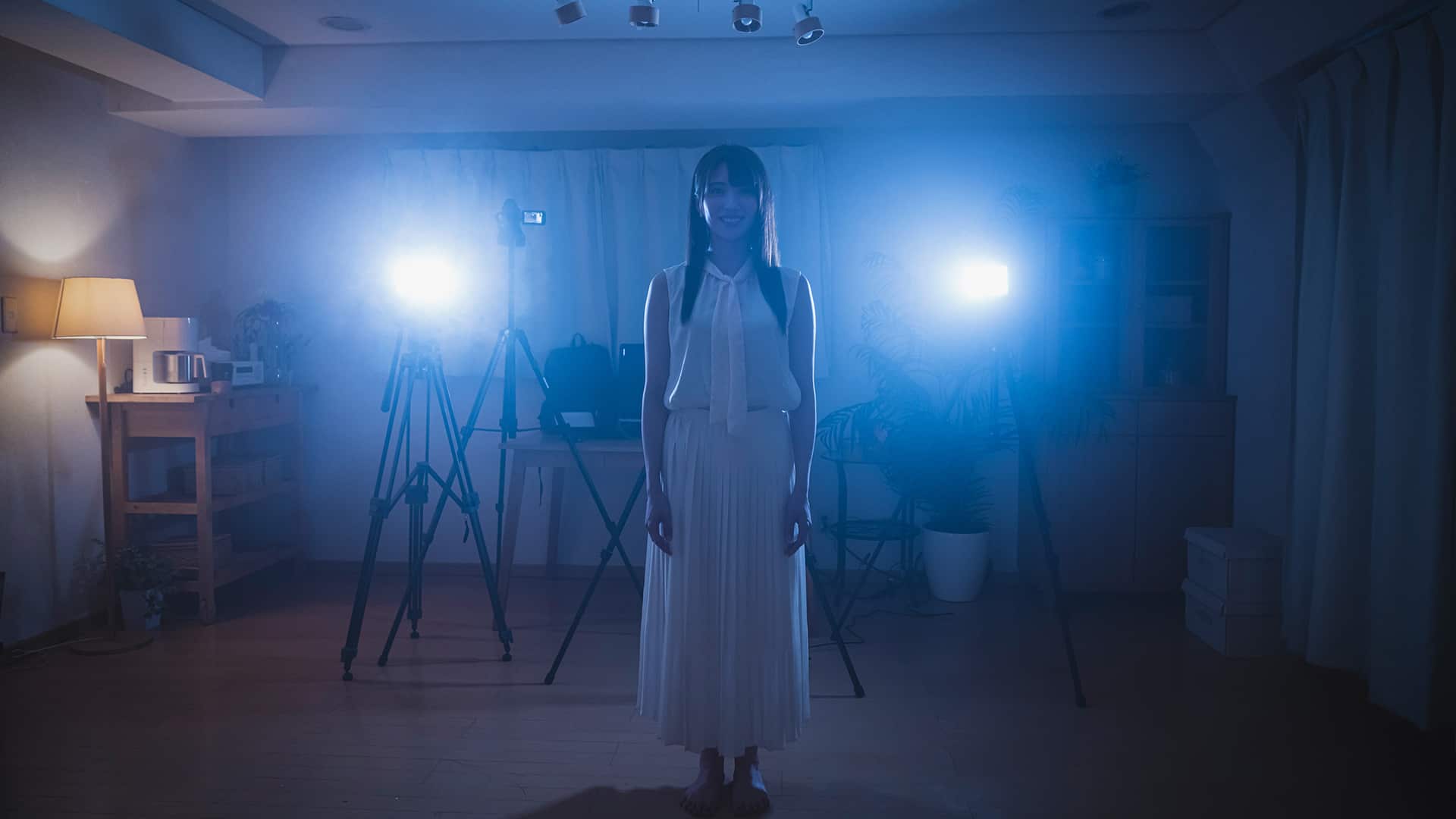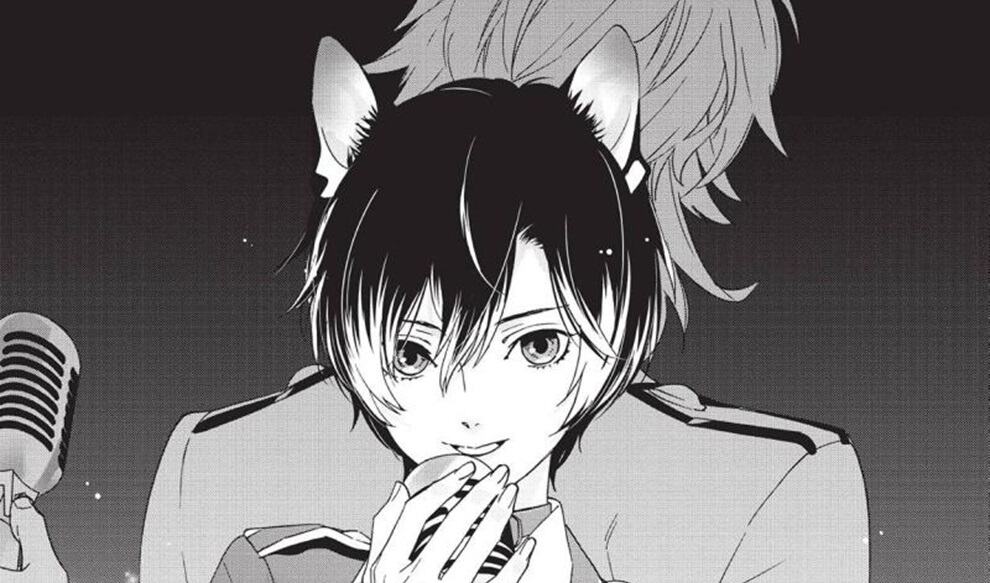Let me start (once more) with a personal note. I have an issue with reviewing “Book, Paper, Scissors”. The issue is that I love documentaries and I love books and in that regard, being objective about a film that deals with both is quite difficult, particularly since I already loved it before I watched even one minute. Nevertheless, I will do my best to point both the pros and the cons, and I just hope that the review will be precise.
“Book, Paper Scissors” is screening at Busan International Film Festival

The documentary deals with the story of Nobuyoshi Kikuchi, a 75-year old man who devoted his life to design over 15,000 books, all by hand. Nanako Hirose spent 3 years filming him, in an attempt to highlight both the man and his work, although in Kikuchi's case, the two definitely overlap.
In that fashion, the movie presents his procedure, which starts with picking paper (the scene where his purpose of picking a particular paper is to mirror a woman's skin is impressive as much as indicative of his way of thinking), having it printed to check the quality, picking fonts and style, and still involves drawing with his pen, cutting with scissors, pasting with glue, and sometimes crumpling and straightening paper, with the help of his long-time assistant. Then, the outcome, through a rather interesting “slide-show” presentation of his works accompanied by jazz music, which made me think that his books definitely deserve a gallery exhibition. Furthermore, through interviews with various members of the printing industry, Hirose presents the impact of his work, the way other people perceive him and his work, and the current situation of the industry. Subsequently, and in a rather dramatic element, the fact that what he is doing will soon be a part of the past, since the digital era seems to have no room for the attention to detail Kikuchi has shown all his life. Lastly, Kikuchi's own thoughts (how to be original after so many projects is a central question) about what he has accomplished (it is kind of funny that he perceives himself as a technician, not an artist) and about his retirement.

At the same time, through all the aforementioned aspects, Hirose makes a number of comments regarding the contemporary Japanese society, through a comparison with the past, as represented by Kikuchi. The almost obsessive attention to detail, (which is internationally considered as a Japanese trait, one just has to see films like “Tampopo” and the way people deal with ramen, to understand) and the “eagerness” for hard work are highlighted quite eloquently, although Hirose also makes a point of saying the first part is fading away in the digital age. Despite a story that shows that Kikuchi has challenged the industry in the past, the documentary also makes another comment, which, in my opinion applies to the whole of the entertainment industry (in the wider sense, movies, books, music etc): “in the end, everything depends on what people want”. The fact that Kikuchi states that every time he tries to do something new, he stumbles upon a number of issues, also moves towards the same comment, since change and originality is definitely what the masses search.
There are two sentiments that permeate the documentary. The one is love, which comes from both Kikuchi for his work and from Hirose for her subject, since her late father was also a book designer. The second is nostalgia, for an era where perfectionism was the rule, which seems to be slowly fading away. These two sentiments are what make the film truly captivating, but are also the source of its two faults. The first one is that at 90 minutes, the documentary is a bit long, particularly for westerners. The second is that the analysis of the man is somewhat stripped from any negative aspects (although some things are epidermically presented), thus resulting in an incomplete portrait, although one could say that the film is more of a love letter than a portrait. Nevertheless, these two aspects are minor, and do not fault the overall quality of the film particularly

Lastly, the editing of the documentary is quite good, with Hirose changing the style of presentation (interviews, slide-show, the procedure etc) in a way that retains interest for the whole duration of the film. The subtle jazzy music by biobiopatata and Tsunekichi Suzuki fits perfectly with the movie's overall aesthetics, while the fact that Hirose is nowhere to be seen, and is slightly present just through her voice, is another tick in the pros column for me.
“Book, Paper, Scissors” is a very interesting and well-shot documentary, that manages to address a number of issues through a captivating portrait of a master artisan. People who read will definitely have a blast with it.
“Book, Paper Scissors” is available from Article Films


